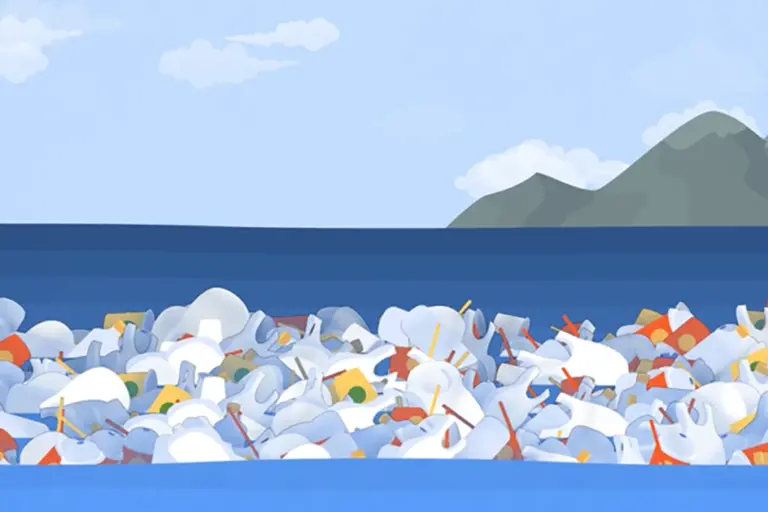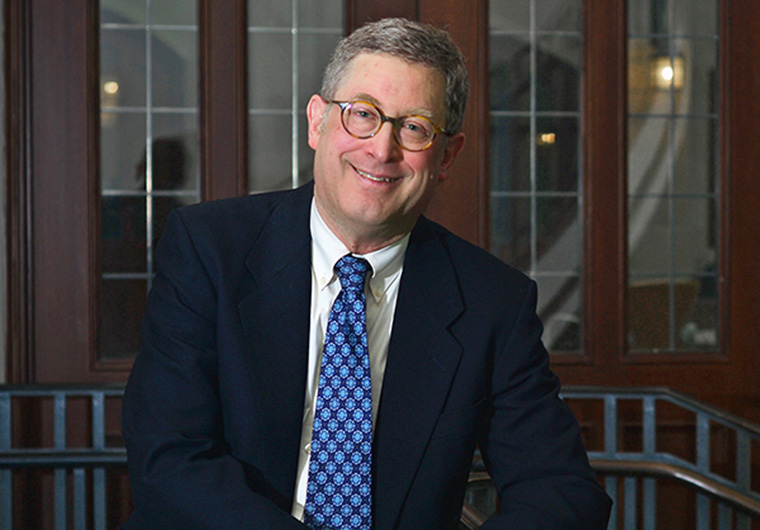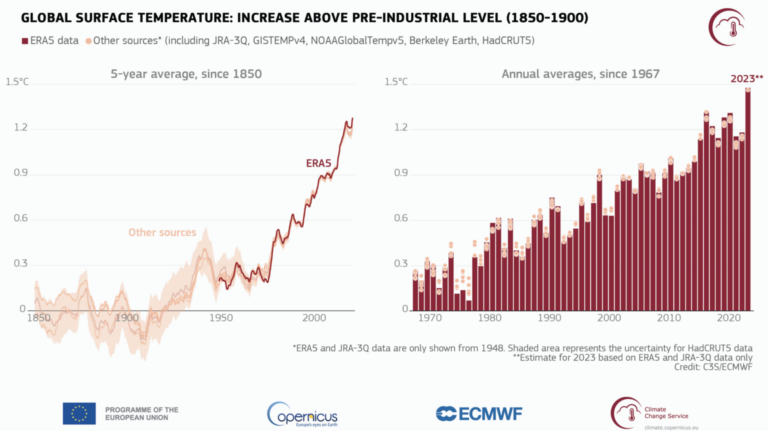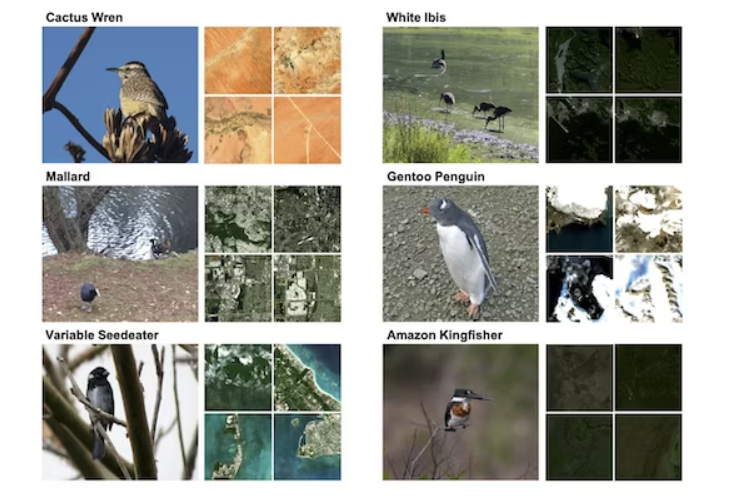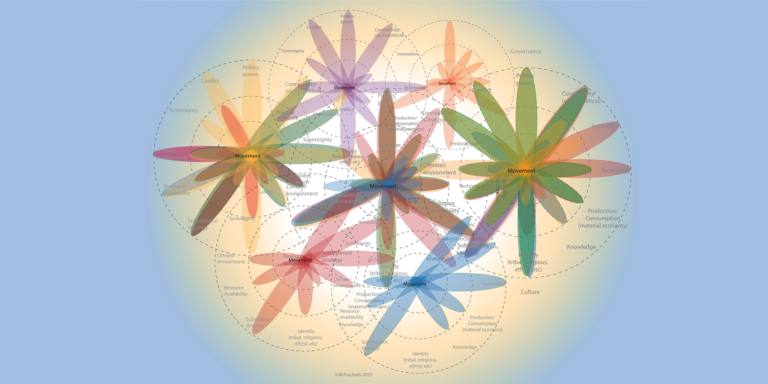Finding nature-inspired alternatives to plastics focus of new center
Despite efforts to reduce the use of plastic or recycle it, most plastic produced in the world ends up in landfills, the oceans or dumped, bringing with it catastrophic effects on the environment, the ecosystem and the economy. To address this, a team of researchers has established the Synthetic Biology Manufacturing of Advanced Materials Research Center.
WashU Expert: Replacing Chevron would have far-reaching implications
There is no good reason to abandon the Chevron deference, a landmark Supreme Court decision in place for 40 years that says courts must defer to federal agencies’ expertise in interpreting laws, according to an expert on administrative law and regulatory reform at Washington University in St. Louis.
‘Elegance in simplicity:’ A prototype is born
Students in the McKelvey School of Engineering at WashU designed prototypes for a device that could help environmental engineers monitor the air quality impact of factory farms in Missouri.
Center for the Environment welcomes campus community during kickoff events
Washington University in St. Louis’ Center for the Environment, a key initiative of the university’s strategic plan “Here and Next,” will host a weeklong series of kickoff events next month designed to encourage the entire campus community to become more familiar with WashU’s work to advance environmental research.
Guérin wins grant to enhance atmospheric simulation speed
Roch Guerin, professor, and collaborators received an NSF grant to improve speed of GEOS-Chem, a 3D atmospheric simulation software designed to study climate change.
WashU Expert: Four factors that drove 2023’s extreme heat
The year 2023 was the hottest in recorded history. WashU professor Michael Wysession explains four factors that drove 2023’s extreme heat and climate disasters — and what this means for the future.
For the birds
Nathan Jacobs leads team that developed BirdSAT, a tool for classification and ecological mapping of global bird species.
Some mosquitoes like it hot
Mosquito heat tolerance varies by population, according to a new study; findings could change estimates of vector-borne disease risk.
New tool to enable exploration of human-environment interactions
This universal device will allow transdisciplinary collaboration globally. Named for the dahlia flower whose petals bloom in concentric arrays, the dahliagram’s “petals” illustrate the relative impact of different pull and push factors contributing to human behavior over time.
Student groups work to reduce food waste
In an effort to reduce food waste, two Washington University in St. Louis student groups have joined forces to distribute healthy, fresh food to local shelters and food banks.
